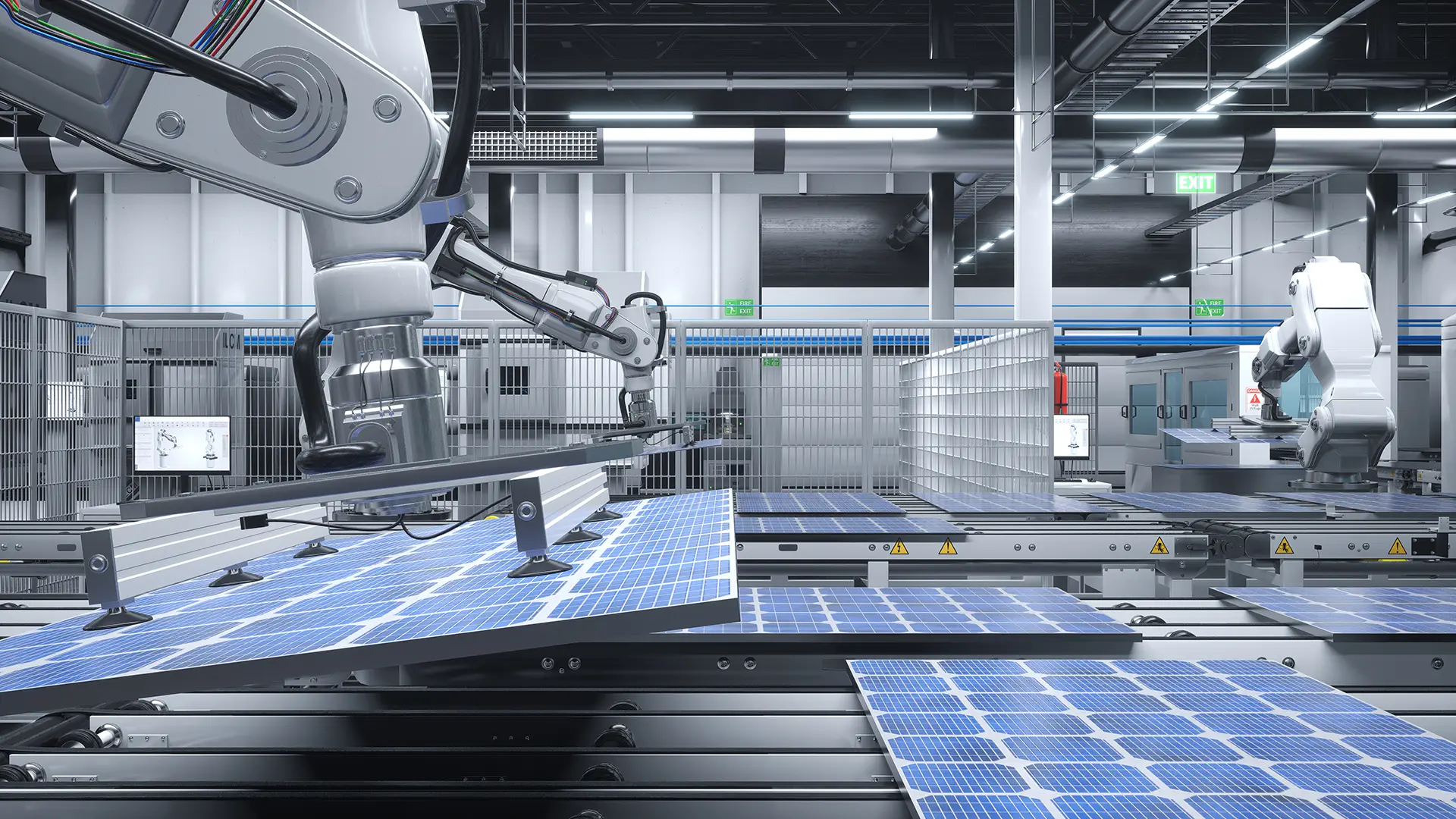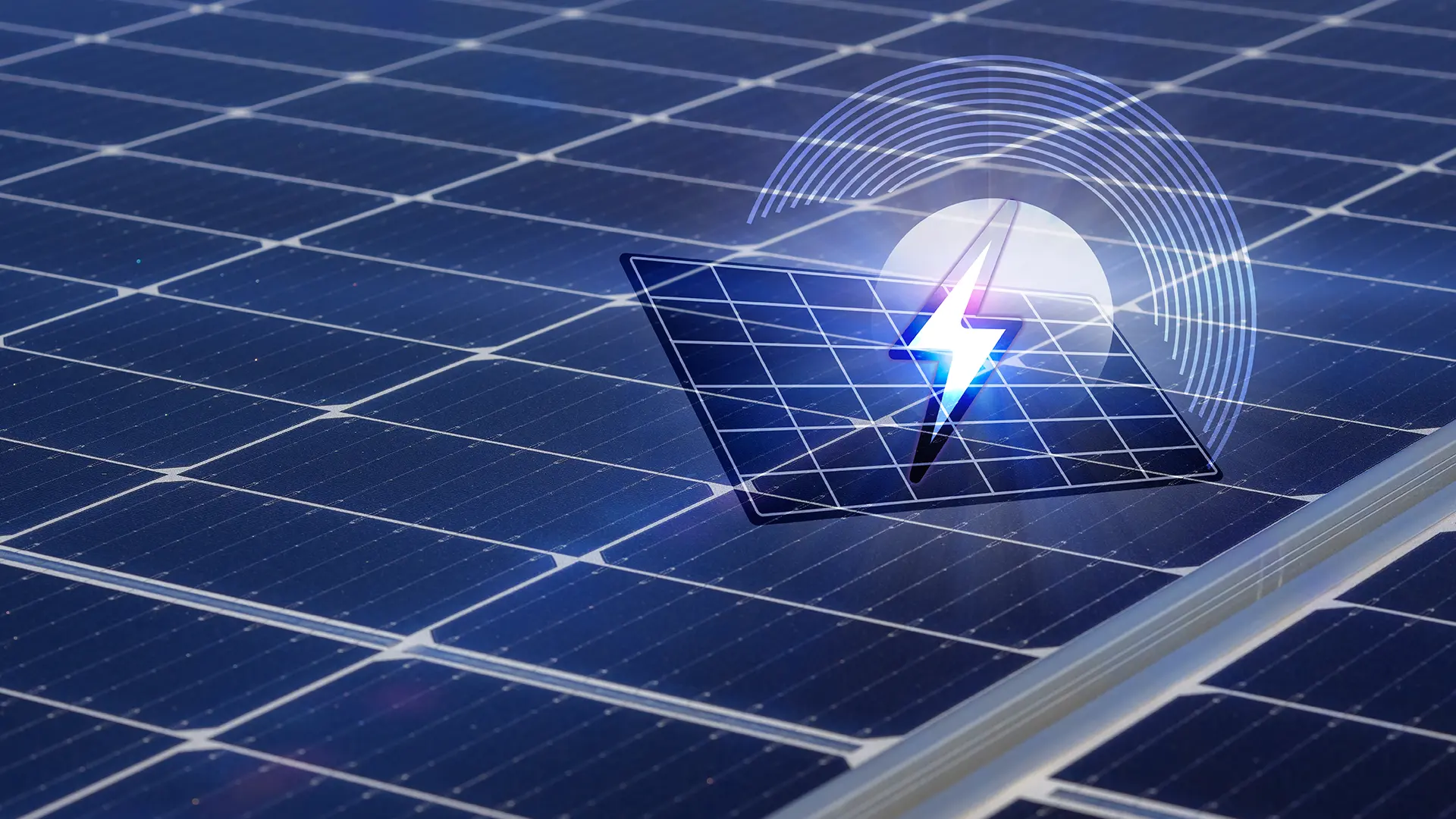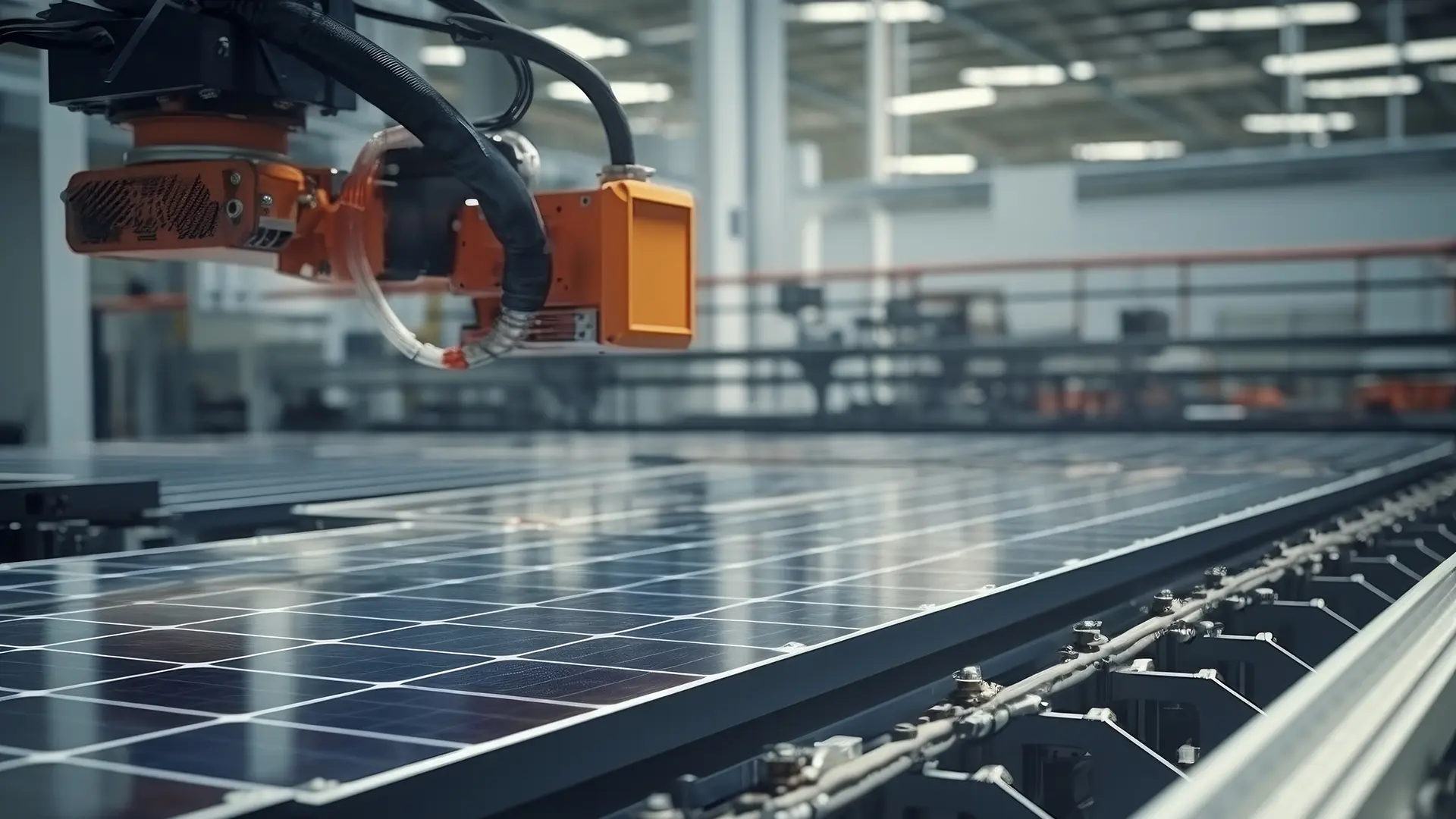Introduction: As the global population continues to grow, the agricultural sector faces increasing pressure to produce more food while minimizing its environmental footprint. In this quest for sustainability, solar power has emerged as a transformative solution, offering farmers a clean, reliable, and cost-effective source of energy. From powering irrigation systems to electrifying farm operations, solar energy innovations are revolutionizing agriculture while delivering a host of environmental and economic benefits.
Innovations in Solar-Powered Agriculture
Solar-Powered Irrigation Systems: Traditional irrigation methods are often energy-intensive and reliant on fossil fuels. Solar-powered irrigation systems, however, offer a sustainable alternative by harnessing sunlight to pump water from wells, rivers, or reservoirs to fields. These systems reduce dependence on grid electricity or diesel generators, providing farmers with a reliable water supply for crop irrigation while minimizing operating costs and carbon emissions.
Off-Grid Solar Solutions: In remote or off-grid areas where access to electricity is limited, off-grid solar solutions are empowering farmers to meet their energy needs independently. Solar photovoltaic (PV) systems, equipped with battery storage, power essential farm equipment such as lighting, refrigeration, and machinery. By eliminating reliance on unreliable grid infrastructure or costly diesel generators, off-grid solar solutions enhance energy security and resilience for agricultural communities.
Solar-Powered Crop Drying: Drying crops post-harvest is essential for preserving quality and preventing spoilage. Solar-powered crop drying technologies utilize solar energy to dry grains, fruits, and vegetables, reducing moisture content and extending shelf life. These innovative drying systems offer a sustainable alternative to traditional methods, such as open-air drying or fossil fuel-powered dryers, while enhancing food preservation and reducing post-harvest losses.
Agrovoltaics: Agrovoltaics, also known as agrivoltaics or solar farming, involves the co-location of solar panels with agricultural activities. By installing solar panels above or alongside crops, farmers can maximize land use efficiency and generate additional income from solar energy production. Agrovoltaic systems offer multiple benefits, including enhanced land productivity, reduced water evaporation, and improved crop yields due to shading and microclimate moderation.
Benefits of Solar-Powered Agriculture: Cost Savings: Solar energy systems offer long-term cost savings by reducing electricity bills and operational expenses associated with conventional energy sources. With minimal ongoing maintenance requirements and declining solar panel costs, farmers can achieve significant financial benefits over the lifespan of their solar installations.
Environmental Sustainability: Solar-powered agriculture mitigates greenhouse gas emissions and reduces reliance on fossil fuels, contributing to environmental sustainability. By harnessing clean, renewable energy from the sun, farmers can minimize their carbon footprint and protect natural resources, promoting ecosystem health and biodiversity conservation.
Energy Independence: Solar power provides farmers with energy independence, allowing them to produce their own electricity and reduce dependence on external energy sources. With solar energy, farmers can mitigate risks associated with energy price volatility and supply disruptions, enhancing resilience and autonomy in agricultural operations.
Conclusion: Solar power is transforming agriculture, offering farmers innovative solutions to address energy challenges while realizing economic and environmental benefits. By embracing solar-powered technologies, farmers can enhance productivity, reduce costs, and promote sustainability across the agricultural value chain. As the adoption of solar energy continues to grow, it promises to play a vital role in shaping the future of agriculture, creating a brighter and more sustainable future for farming communities worldwide.






